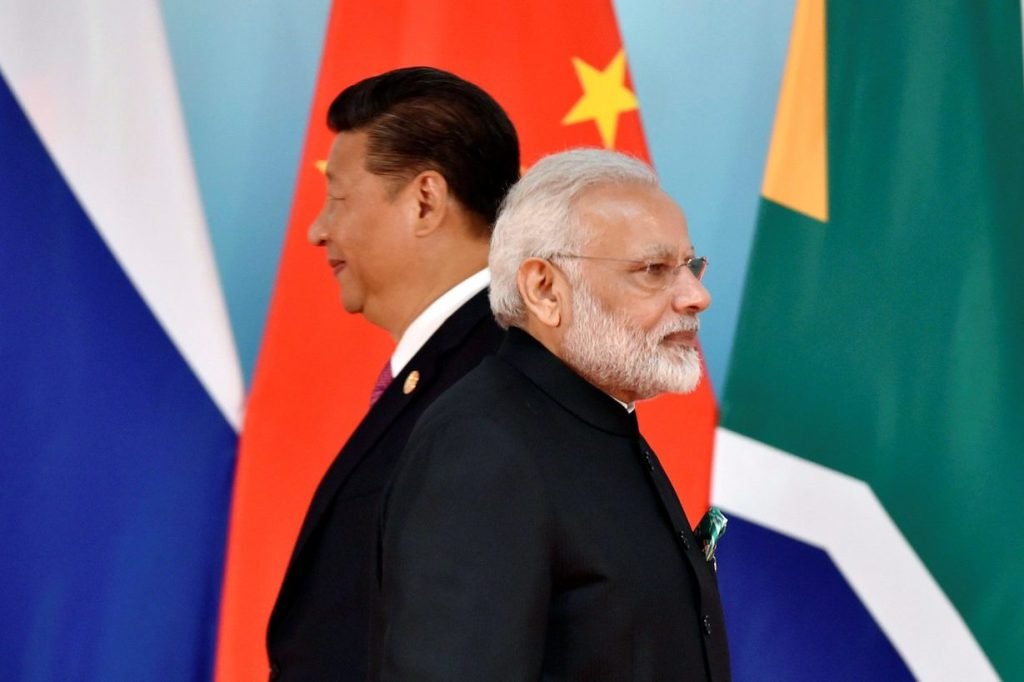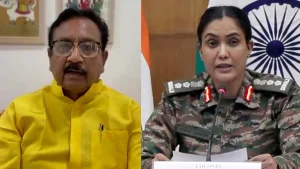India Rejects China’s Renaming of Arunachal Locations as Pointless and Absurd

Dubela, Kankana Maity: India strongly dismissed China’s move to rename places in Arunachal Pradesh on Wednesday, calling it pointless and absurd. The government emphasized that changing names will not alter the clear and unshakable truth — Arunachal Pradesh has always been, is, and will always remain a part of India. India’s response came after China released new Chinese names for 27 locations in Arunachal Pradesh, including mountains, rivers, passes, a lake, and villages. China claims Arunachal Pradesh is part of southern Tibet, a claim India firmly rejects. “China keeps trying to rename places in Arunachal, but these attempts are pointless and absurd,” said External Affairs Ministry spokesperson Randhir Jaiswal.
India firmly rejected China’s latest attempt to rename places in Arunachal Pradesh, calling it a failed effort to distort facts. Speaking to the media, Indian official Jaiswal reiterated that no amount of renaming can change the reality that Arunachal Pradesh is, and will always be, an inseparable part of India. This marks the fifth time China has attempted to rename locations in the region. In response, China’s Foreign Ministry defended the move as part of its sovereign rights.
A Chinese official stated that renaming parts of Zangnan — China’s name for Arunachal Pradesh — is a matter of China’s internal authority. Last April, China also issued a list of 30 renamed locations in the region, prompting a strong response from India. China’s Ministry of Civil Affairs has been renaming places in the Zangnan region, releasing three lists so far: one in 2017 with six names, another in 2021 with 15, and the latest in 2023 with 11 names. This move comes as China and India attempt to repair their strained relationship following a years-long military standoff in eastern Ladakh along the Line of Actual Control (LAC).
India and China have agreed to restart the Kailash Mansarovar Yatra after nearly five years, signaling a possible step toward improving their strained ties. The pilgrimage was first halted in 2020 due to the COVID-19 outbreak and later remained suspended due to tensions and the military standoff along the Line of Actual Control. India and China withdrew their troops from the last two tense spots—Demchok and Depsang—after reaching an agreement on October 21 last year. Just two days later, Prime Minister Narendra Modi and Chinese President Xi Jinping met in Kazan, Russia, and decided to restart several channels of communication between the two countries. Since that meeting, both sides have held multiple discussions to ease tensions and improve their relationship.





